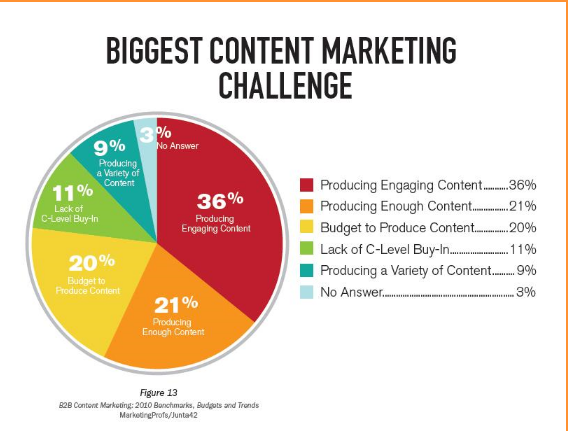 How do you gain the attention of readers? How do you get them to stay and read your blog post, your web pages, your newsletter?
How do you gain the attention of readers? How do you get them to stay and read your blog post, your web pages, your newsletter?
Your brain is 100,000 years old. You may not wake up in the Savannah of East Africa, grab your spear and walk miles to hunt prey for food. But on your commute to work in traffic, the same stress hormones (cortisol) are surging through your body as you fight traffic to get to your office.
Once there, your senses scan the environment for prey, competitors and allies, and the same goal-seeking behaviors are at play. The male of the species, in particular, is driven to acquire and achieve to protect his family and status.
For women, it’s slightly different, but not entirely. Women tend to the feeding of their offspring and mate, attend to the shelter, and are acutely aware of emotional needs of her family members. She may also fight traffic and go to an office full of stress, competitors and allies. As a female, she multitasks many responsibilities and skillfully uses language and relationships to get things done.
Our brains haven’t changed in 100,000 years. Our world, however, has. Most significant in the last 20 years is our ability to communicate and stay informed on a global level. Marketing is changing along with this world that offers multiple media channels to spread more messages to more people. Content marketing is growing rapidly as a way to connect with consumers who have become adverse to interruptive advertising.
Here’s what I’m reading in an excellent book, The Buying Brain by A.K. Pradeep:
The questions remains, how do we engage with the primal brain – embedded deep within us – in this modern world? How do we soothe and seduce it?
How do we send it messages that are important enough to be noticed and remembered?
How do we stand out from the amazing barrage of sensory stimuli to be the one product or brand that makes sense and is embraced by the brain?
How do we make life easier and more fun for this miracle of nature that’s perpetually on guard?
More importantly, how do we start treating our customers as the smart, evolved people they are?
With respect and dignity, compassion and caring, delivered in a way that invites and engages, but doesn’t over-stimulate or alarm? Read More→









